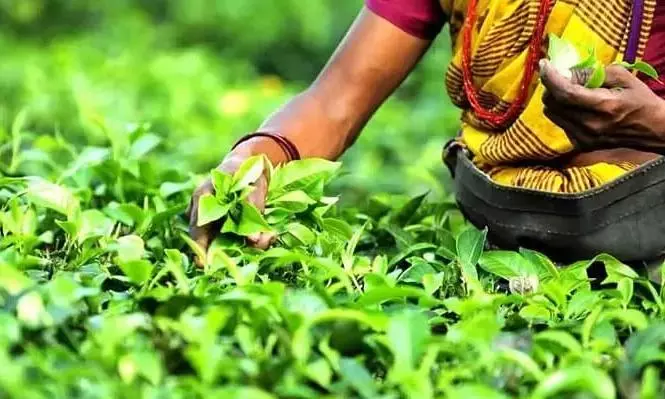
Tea Board to revert to old English auction system pan India
The Tea Board has decided to introduce the practices of the erstwhile English auction system under the ambit of the Bharat auction model

The Tea Board of India has decided to revert to the old English auction system. Earlier, the Bharat auction system was in practice, which was introduced in north India in April 2023.
In a letter issued on Monday (September 26) to registered auction organisers across the country, producers associations and buyers associations, the Tea Board said that it has decided to introduce the practices of the erstwhile English auction system under the ambit of the Bharat auction model. It also issued the necessary timelines for the auction.
The Bharat auction system, which was practised in north India since April 2023, was already in force in south India.
English auction system gets underway
The letter said that the Tea Board had already held consultations with NSEIT Limited regarding the re-introduction of the features of the English auction system in the newly-configured software.
While the Tea Board had earlier suggested dropping of sale numbers 39 and 40 in all the auction centres across India, the statutory body revoked the decision after producers' bodies said the tea companies would suffer financially if these two sales were dropped.
It said that sale number 41 to be held on October 17, 2023, will be held live under the English auction system.
All the stakeholders in north India had been saying that price discovery under the Bharat auction system was not optimal, unlike the English auction system.
Why Tea Board went back to English auction model
A tea broker said that the Tea Board's decision to revert to the English is welcome and will benefit all those involved in the trade.
Meanwhile, a report from Guwahati said the decision to 'bring in practices of the erstwhile English auction model under the ambit of the Bharat model' was taken following representations and meetings by stakeholders with officials as well as the Union commerce minister.
The tea growers, sellers, buyers and other stakeholders had maintained that there were several issues under the Bharat model, including low price realisation, and had urged for returning to the old system.
Conducting scheduled sales
Tea Association of India (TAI) secretary general PK Bhattacharjee, in a letter on Monday, said that the decision to drop the sales 'may have adverse consequences on the cash flow of tea companies, especially at a time when all tea garden managements are already facing financial obligations to meet their bonus commitments'.
"The deferment of the sale of catalogued teas could potentially result in a severe cash crunch for all tea companies, making it challenging to fulfil impending financial commitments and possibly creating a law and order situation in the garden," he said.
The TAI requested for proceeding with the scheduled sales while simultaneous work to revert to the English auction is undertaken in the background.
The Nilgiri Wayanad Tea Association also dashed off a letter to the Tea Board over its 'abrupt decision…without the concurrence of affected stakeholders'.
"We request you to kindly rescind this decision with immediate effect and call for a proper discussion to decide on a proper and acceptable timeline to bring back the English Auctions," the association president CM Joseph said.
"In view of the concerns expressed in the representations, Board has considered their requests to allow conducting sale no 39 and 40 across all auction centres of India as per schedule," the later order issued by the controller of licensing said.
Bharat vs English model
The Bharat system has been better received in south India, but the auctioneers and other stakeholders in northern India have expressed "dissatisfaction" over the new model and have been pursuing the return of the former English auction system.
A basic difference between the two systems is that in the Bharat Auction model, the bids are entered before the lots offered go live, while in the English system, the bids can be made till a lot is sold.
(With inputs from agencies)

